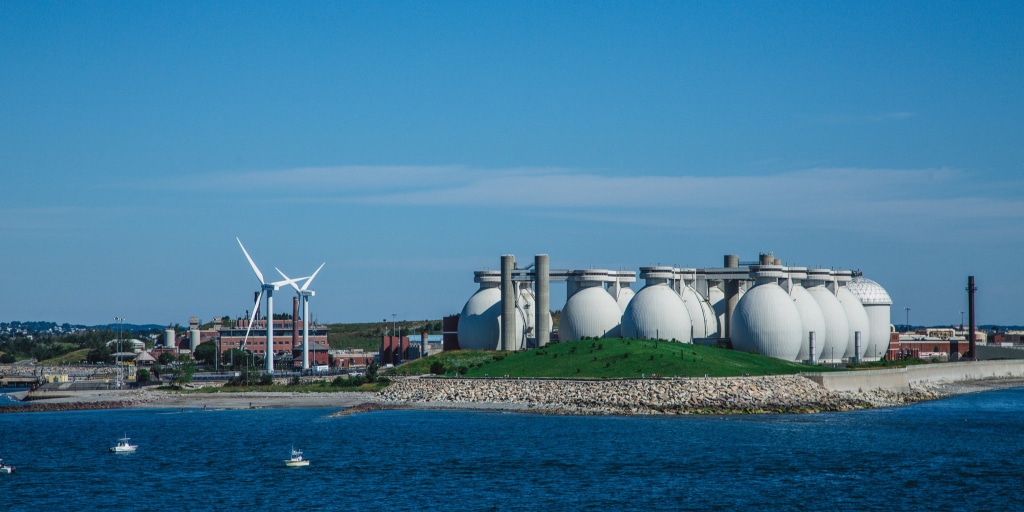Holding Off the Tragedy of the Commons
The very challenging argument of the Tragedy of the Commons misses on a very big note. It lacks a fundamental solution driver called “innovation”. If we don’t create and adapt we will not make it in the long term.
“Tragedy of the Commons” is a paper written by Garrett Hardin, which discusses the case of a shared pasture among herders that has a limited carry cap acity. Simply put, it is in each herder’s self interest to add another cow to the detriment of the other herders; which in turn argues the need for government regulation or privatization. We could argue both, but I will claim that both can and probably will fail.
acity. Simply put, it is in each herder’s self interest to add another cow to the detriment of the other herders; which in turn argues the need for government regulation or privatization. We could argue both, but I will claim that both can and probably will fail.
Both governments and corporations are institutions that exist for the reason of self promulgation, actualization, and advancement (to further itself, to continue to exist, to not change). The methodologies that they deploy and back is their best practice, it is what they believe, what they will hold on to and how they will exist and thrive. And this is the failure point. It is not meant to change. It’s very survival depends upon the lack of change.
What is missing is a catalyst for change. Why change? Because what worked best 100, 50, 20 or even 10 years ago is no longer the best methodology or practice.
The institution is good at doing what it was designed to do and it stubbornly holds on to that design at the expense of it’s own destruction or the method it protects. Change is needed.
This is why venture capital has been successful in creating the new innovators. If the incumbent institutions adapted and changed to the new technology or method then there would be no venture industry.
We have huge problems to face in critical industries such as agriculture, waste water, energy, real estate, etc. These asset classes need to undergo massive transformation for the benefit of all. The incumbent companies and regulations are stuck in a process and framework which prevents and disincentivizes change. They even go further to lock out or block change because it would lead to their own destruction.
Which leads back to my opening statement. Any system or methodology is only as good as the best knowledge we have at the time. We need to create the companies, organizations and processes to allow and accept change and adapt to the new. We need to constantly invent and reinvent. It is a challenge that only the best of the best companies have managed to do, like Apple, Cisco, or IBM.
But now this matters more, much more because it is our collective resources that are at stake. We need to be open and create the new enterprises that will create, invent and adapt in the basic resources areas.
I welcome your ideas, input and comments. Do you agree? Disagree?

Roland,
Have you read Capitalism 3.0? It’s an awesome book that suggests a framework for managing the commons.
Roland,
Very important topic to explore. Have you read Capitalism 3.0? It’s an awesome book that suggests a framework for managing the commons. I highly recommend it!
I think it’s noteworthy that the companies we most associate with change are technology companies. They have a vested interest in adaptation, invention and change. It seems the hurdles are much higher for change and dissemination of technology in agriculture, especially in developing countries. (which is why your company is so interesting!) The idea of change in the US government seems unthinkable in an election year – the election game is still the same promises, campaign stops, etc. It seems we are destined to continually toe the tension of the tragedy of the commons – that is, the tension between regulation and privatization. Certainly, changes happen, such as Europe’s possible impending privization of some government assets to help pay debts could be a huge management and ideological change for the EU, or the government takeover of formerly private assets in some coups, etc. One wonders how the environment will fare in the upcoming shake ups. Anyway, just a few thoughts – thanks for the post!
Your points are spot on. Innovation is adopted by those who compete aggressively for an advantage, hence financial firms and now consumer marketing firms all looking for an edge tend to adopt technology quickly. Agriculture, Water and even Power industries are slower as they don’t feel the same pressures. By using financial innovation and adopting new models of operating we believe we can apply innovation much quicker to these sectors. We also agree that most governments will only follow or react when things effect the their constituents or the bottom line financials of government. Most believe the environment is a luxury that doesn’t require their attention.